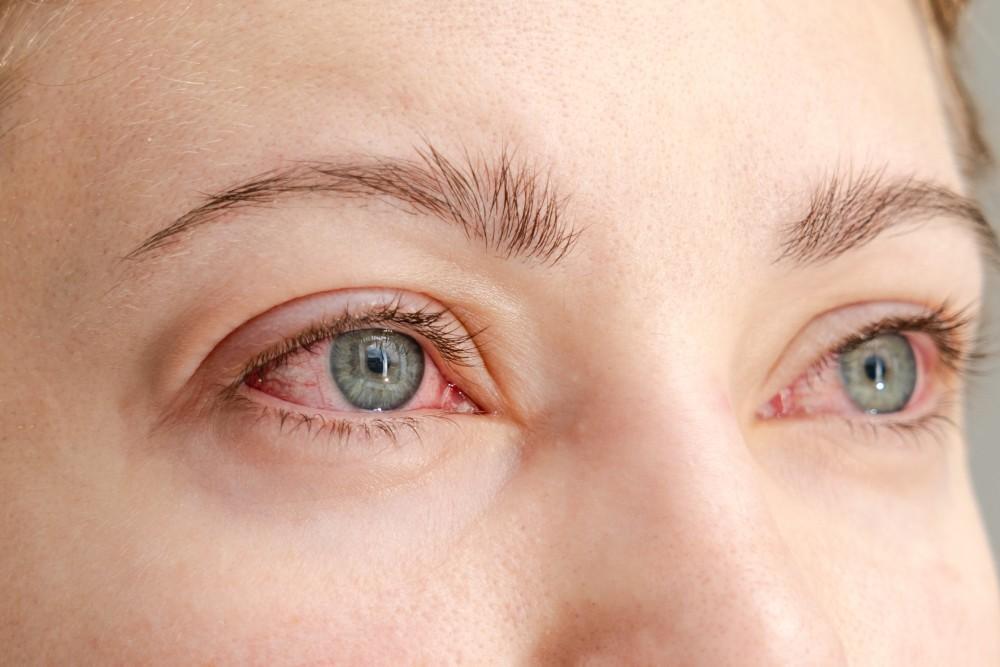
How to Prevent Glaucoma-Related Blindness

Glaucoma isn’t just a single condition; it’s a group of eye conditions where your optic nerve is damaged, usually due to high pressure in your eyes.
It’s the leading cause of irreversible blindness in the world, but with early detection and proper management, you can significantly reduce your risk of developing glaucoma-related blindness.
At Bainbridge Eye Care in Bronx, New York, Nicanor Lacsina, O.D., and Yelena Pinkhasova, O.D., combine their 20 years of experience to help educate their patients about the best prevention steps.
Take a moment and find out what you can do starting today.
Schedule regular eye exams
Your best defense against glaucoma can be regular eye exams. The American Academy of Ophthalmology recommends having a baseline eye exam with follow-up exams every six months to three years, depending on your age and risk factors, such as:
- Having a family history of glaucoma
- Having high intraocular pressure
- Being of African, Asian, or Hispanic descent
- Certain medical conditions like sickle cell anemia, diabetes, high blood pressure
Not sure how often you need an eye exam or a glaucoma test? Dr. Lacsina or Dr. Pinkhasova can recommend the correct exam cadence for you.
Monitor your eye pressure
Increased intraocular pressure is often the culprit behind optic nerve damage. Leaving high intraocular pressure untreated can lead to more severe damage and blindness.
Our team measures your eye pressure and monitors any changes.
If elevated pressure is detected, your Bainbridge Eye Care provider can prescribe treatments to lower the pressure in your eye before more damage happens.
Take your medication as directed
If diagnosed with glaucoma or high eye pressure, your Bainbridge Eye Care doctor may prescribe eye drops or oral medications to help lower intraocular pressure. Use these medications as directed to prevent further damage to your optic nerve.
In other words, sticking with your treatment plan is a great way to avoid the complications of untreated glaucoma.
Protect your eyes
Trauma can contribute to traumatic glaucoma (and therefore glaucoma-related blindness), so protect your eyes from injuries. Wear protective eyewear when engaging in activities that could result in eye injury, such as playing sports or working with tools.
When in doubt, wear eye protection!
Adopt healthy habits
A healthy lifestyle can support your overall mental and physical health — and your eyes are no exception. Consider the following tips:
- Eat healthy foods, including eye-friendly foods such as bell peppers, dark leafy greens, and salmon
- Exercise regularly to manage underlying conditions and to promote eye health
- Consider smoking cessation
These healthy habits don’t just provide benefits for the eyes. Conditions like diabetes and high blood pressure can increase your risk of glaucoma. You can help protect your vision by managing these conditions through medication, diet, and regular check-ups.
Questions about glaucoma? Speak up!
Don’t hesitate to reach out if you have concerns about your eyes, whether it's glaucoma or another condition. Treating glaucoma as soon as you learn you have it can help you avoid glaucoma-related blindness.
In addition to medication, the Bainbridge Eye Care team offers:
- Drainage tubes
- Minimally invasive surgery
- Laser therapy
If you’re due for an exam or have questions about glaucoma, call us at 718-306-9127 or click here to get started today.
You Might Also Enjoy...


5 Signs You Need a New Corrective Lens Prescription

Eye-Friendly Habits You Can Start Today

Vision Changes with Age: What’s Normal, and What’s Cause for Concern?

Understanding How Diabetes Can Diminish Your Ocular Health and Impair Your Vision

